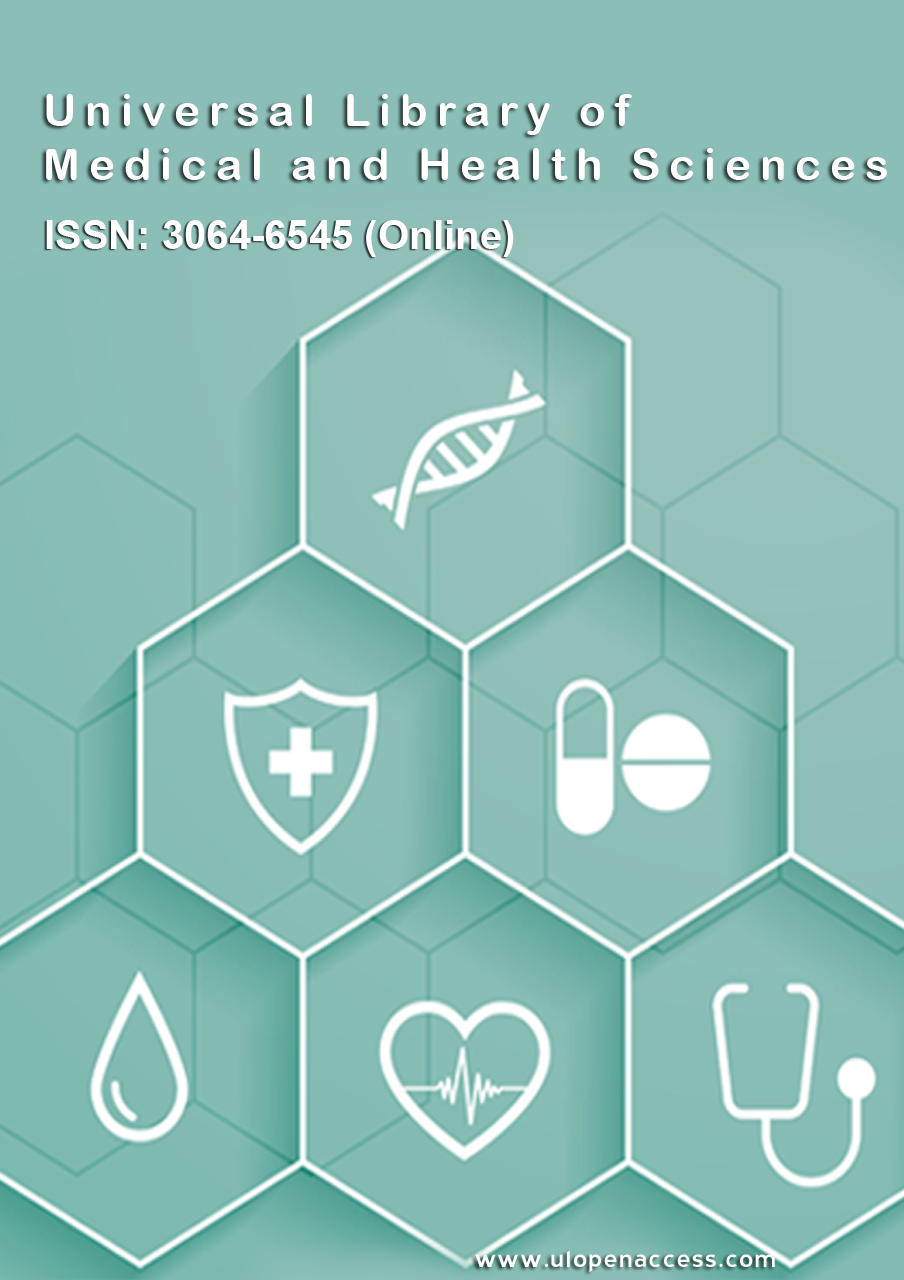The Psychological Effect of Tattoos on People with Physical Injuries and Skin DefectsKaryna Pulcho Citation: Karyna Pulcho, "The Psychological Effect of Tattoos on People with Physical Injuries and Skin Defects", Universal Library of Medical and Health Sciences, Volume 03, Issue 03. Copyright: This is an open access article distributed under the Creative Commons Attribution License, which permits unrestricted use, distribution, and reproduction in any medium, provided the original work is properly cited. AbstractThe study aims to identify the psychological effects of tattooing on individuals with skin injuries or defects. Its relevance is defined by the growing interest in medical and camouflage tattooing as a method of emotional and behavioral rehabilitation. The objective is to examine changes in self-perception, confidence level, and capacity for social interaction among patients following tattooing procedures on areas of damaged skin. The methodological foundation consists of a review of specialized publications, systematization of clinical techniques—including the practical experience of the Ink Revive project—and analysis of original case studies. The results demonstrate a reduction in anxiety and social fears, as well as a sustained increase in self-esteem and overall quality of life among participants. In this context, tattooing is perceived not merely as a means of defect concealment but also as a tool for restoring body-image integrity and integrating personal resources. The scientific novelty of the study lies in the systematic synthesis of empirical data on the therapeutic potential of tattooing and the substantiation of its role within comprehensive psychocorrectional programs. The findings presented will be of interest to psychologists, psychotherapists, aesthetic medicine specialists, and professional tattoo artists. Keywords: Medical Tattooing, Scar Camouflage, Psychology of Tattooing, Bodily Trauma, Skin Defects, Post-Traumatic Recovery, Self-Esteem, Body Positivity, Rehabilitation, Art Therapy. Download |
|---|

